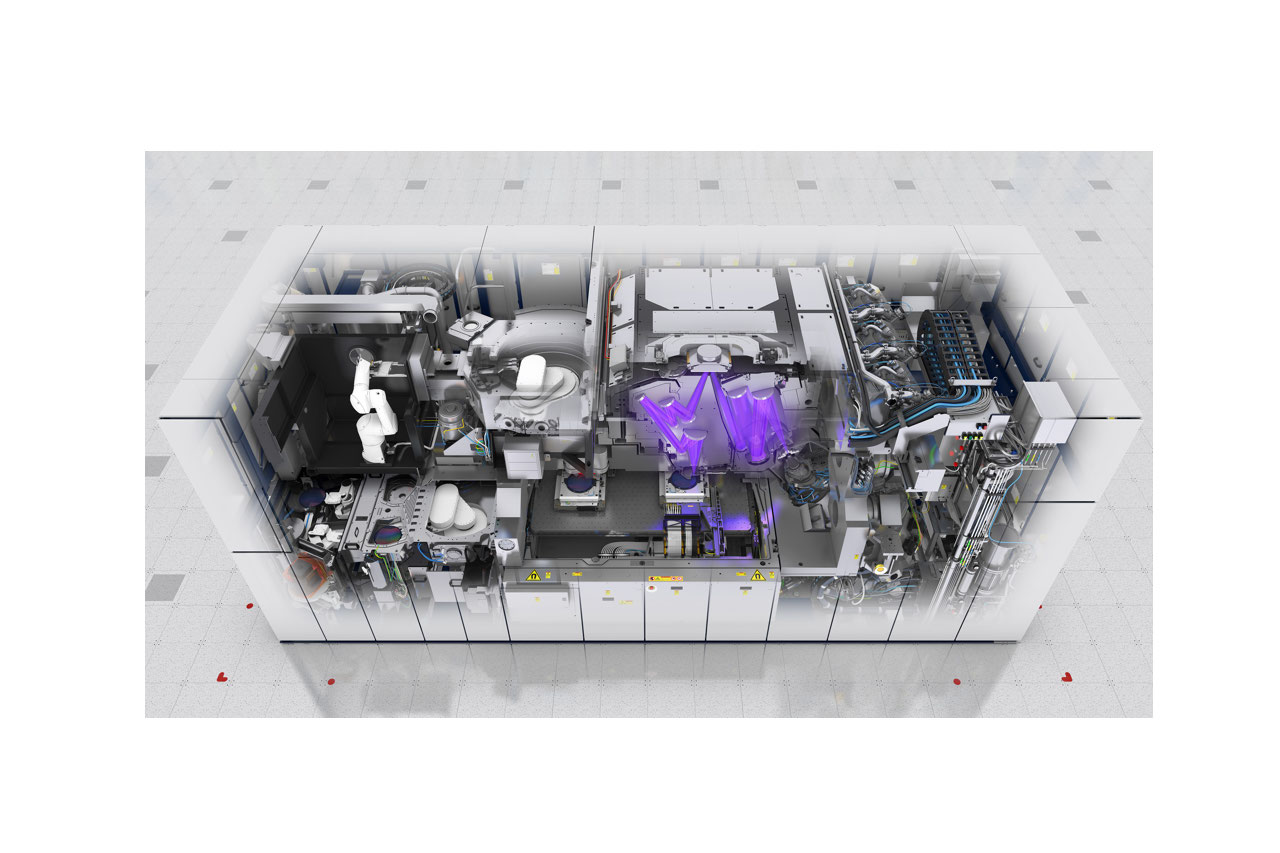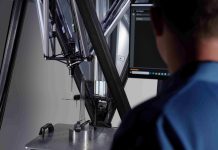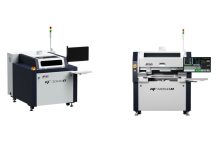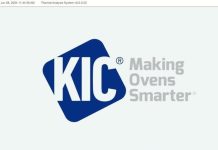A leading academic team from Heriot-Watt University is partnering with ASML, a major international supplier to the semiconductor industry, driving the advancement of new light source technologies.
In a five-year collaboration partly funded by ASML, Professor John Travers’ research into fundamental physics will be accelerated, creating a direct route from lab to market for new laser technologies.
The partnership demonstrates Heriot-Watt University’s expertise in attracting industry collaborations and overseas investment into its leading-edge academic research.
ASML is the world’s leading manufacturer of semiconductor lithography machines. Based in the Netherlands, the company uses light to print tiny patterns onto silicon, resulting in the mass production of semiconductor chips. Precision is key to the printing technique. Optical metrology also uses light to establish the exact measurements required. Developments in this field allow top chipmakers to create better performing, cheaper chips.
Due to the value of each multimillion machine, it is vital that ASML continues to explore new directions for its technology to take.
The partnership resulted in a new laboratory at Heriot-Watt University which will accelerate the industrialisation of fundamental physics research. Professor Travers’ current focus is on new broad bandwidth light sources for optical metrology. The sensors in ASML’s machines must work at multiple wavelengths because they encounter various materials, each of which absorb in different ways.
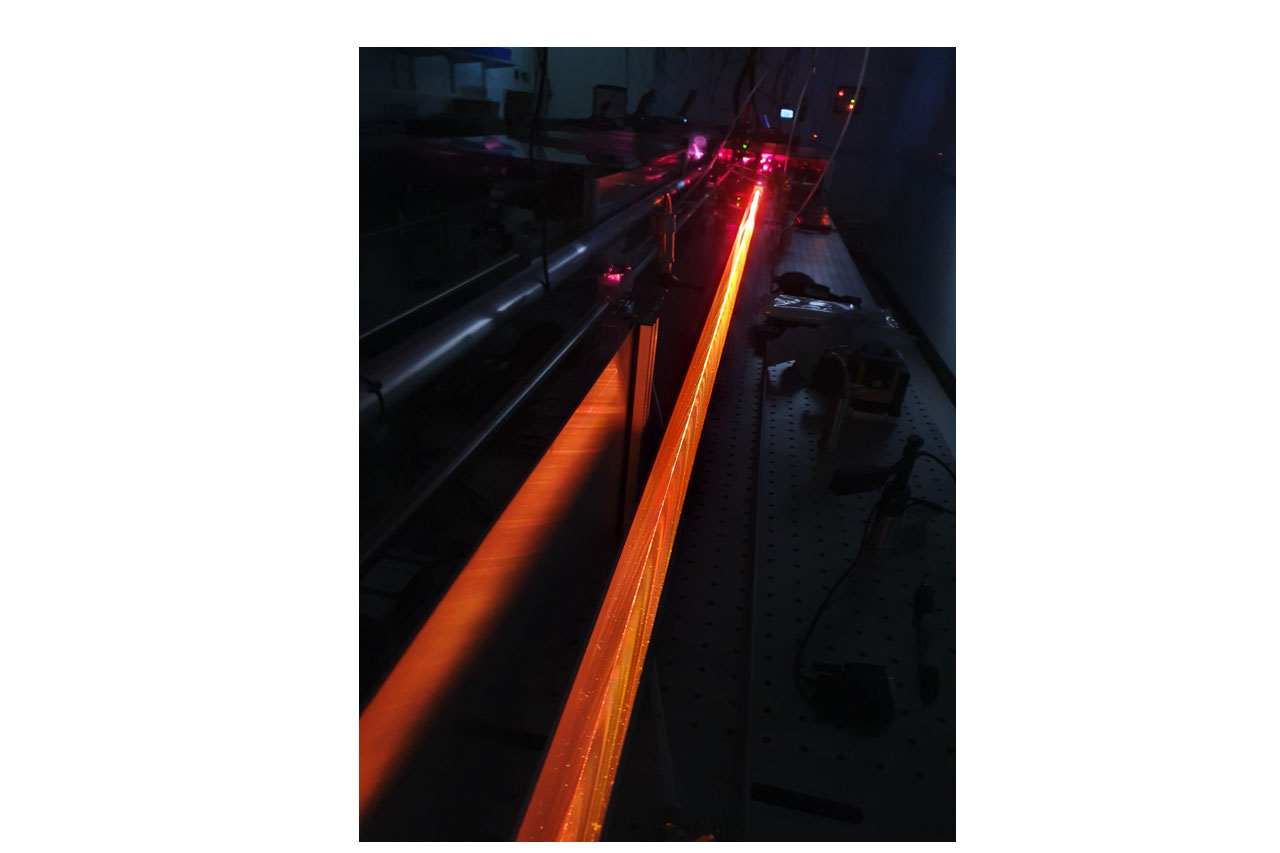
Professor Travers’ team has already delivered several ideas that have been patented.
Professor Travers said: “The type of optical components used in recent research previously sat in the domain of fundamental physics research. Working in close cooperation with ASML is rapidly moving our work in the direction of the industrialisation of this technology, where we are addressing specific engineering challenges, and applying the technique to create real-world impact.
“My research into fundamental physics can be used by ASML in an industry setting. So often in academia, the focus is on advancing the science and impressing our peers. However, through this industrial partnership, we are addressing specific real-world engineering challenges, with industry and academia learning from each other.”
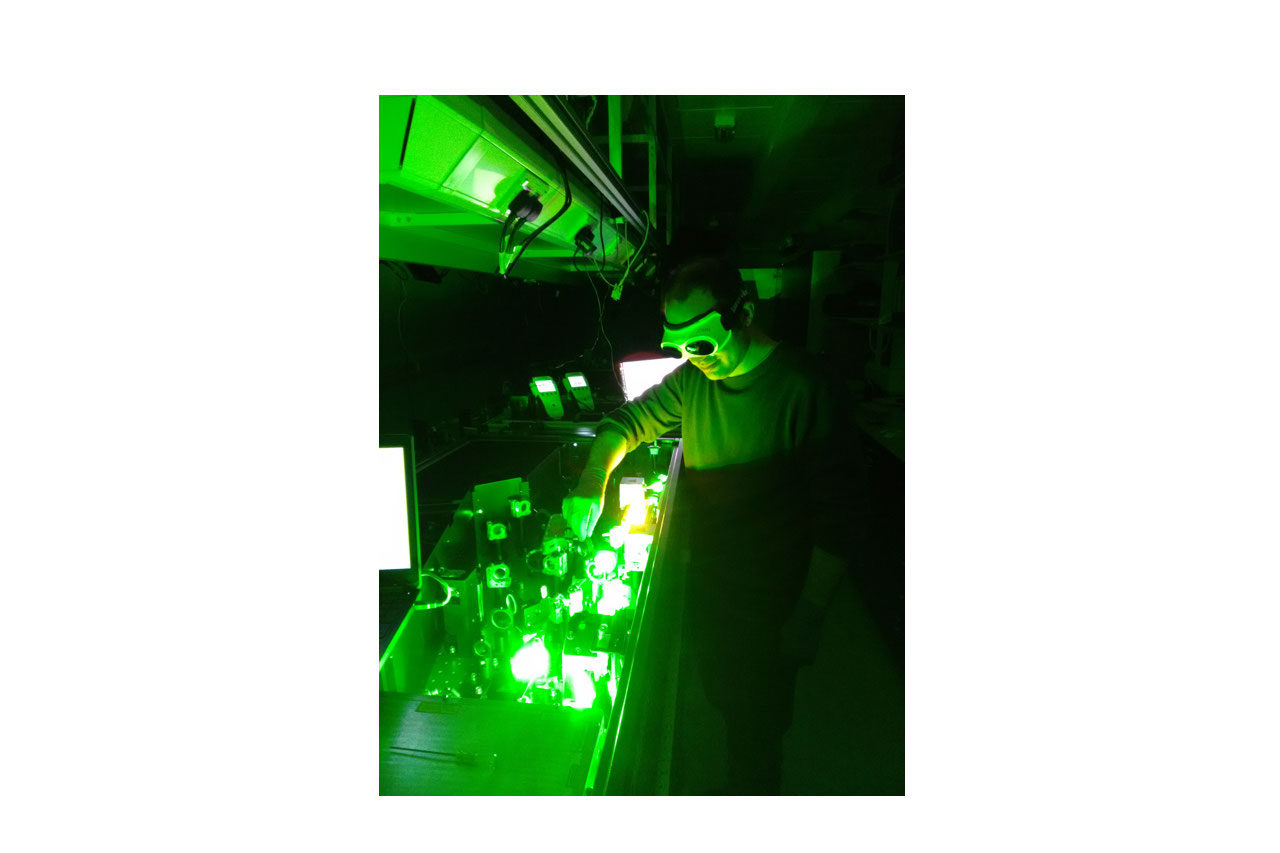
Application of the advances in light source technologies are not limited to semiconductor chip manufacture. There are also valuable uses for the technique in healthcare technology and precision manufacturing.
Hein Otto Folkerts, vice-president within Development and Engineering at ASML, said: “ASML has a long tradition of close partnerships with academia. Our collaboration with Professor Travers and Heriot-Watt University will complement ASML’s research agenda, supporting our technology roadmap. This group at Heriot-Watt is one of the leading groups in the world working on these kind of light sources and has a track record on innovations.”
David Richardson, Chief Entrepreneurial Executive at Heriot-Watt University, said: “The work of Professor Travers and his team is hugely important to the advancement of light source and sensor technology. Through collaborations of this type, Heriot-Watt University can create greater cohesion between academic disciplines, industry partners and the global community.
“Industry leaders are increasingly recognising the value of bringing complex, technical issues to specialist universities and collaborating on the research, direction and engineering work they require. By accelerating the transfer of research knowledge from lab to market, Heriot-Watt is generating opportunities for R&D funding, attracting inward investment to Scotland and helping to elevate the country’s reputation in the field.”
Last year, Heriot-Watt University launched its Prospectus for Recovery and Growth, illustrating the institution’s commitment to supporting the global recovery efforts in relation to Covid-19. The Prospectus places collaboration, partnership and accelerating commercialisation at the heart of its approach.
About GRID
The Global Research Innovation and Discovery building (GRID), based at Heriot-Watt University, is a £19 million ground-breaking facility designed to advance global research, innovation and discovery. GRID’s ambition is to bring together world-leading talent and the brightest minds to tackle current industry challenges, pioneering innovations to drive future economies and build companies of scale. The facility provides its users with the capability to connect with global industry partners and Heriot-Watt University’s other campuses worldwide. GRID features the latest technological innovations, including Augmented Reality, Virtual Reality and Gaming studios.
About ASML
ASML is one of the world’s leading manufacturers of chip-making equipment. Our vision is a world in which semiconductor technology is everywhere and helps to tackle society’s toughest challenges. We contribute to this goal by creating products and services that let chipmakers define the patterns that integrated circuits are made of. We continuously raise the capabilities of our products, enabling our customers to increase the value and reduce the cost of chips. By helping to make chips cheaper and more powerful, we help to make semiconductor technology more attractive for a larger range of products and services, which in turn enables progress in fields such as healthcare, energy, mobility and entertainment. ASML is a multinational company with offices in more than 60 locations in 16 countries, headquartered in Veldhoven, the Netherlands. We employ more than 28,000 people on payroll and flexible contracts (expressed in full time equivalents). ASML is traded on Euronext Amsterdam and NASDAQ under the symbol ASML. More information about ASML, our products and technology, and career opportunities is available on asml.com.


